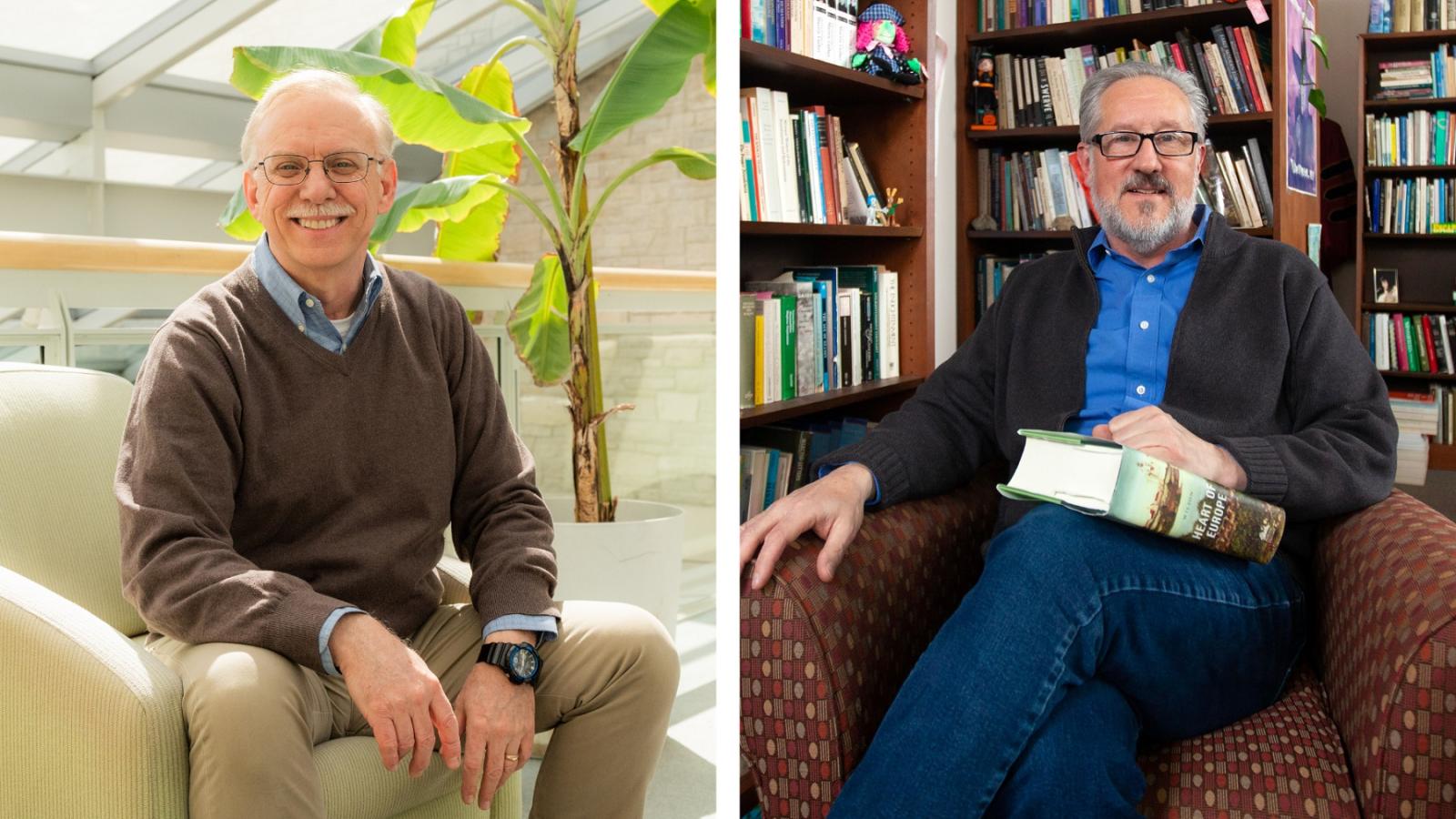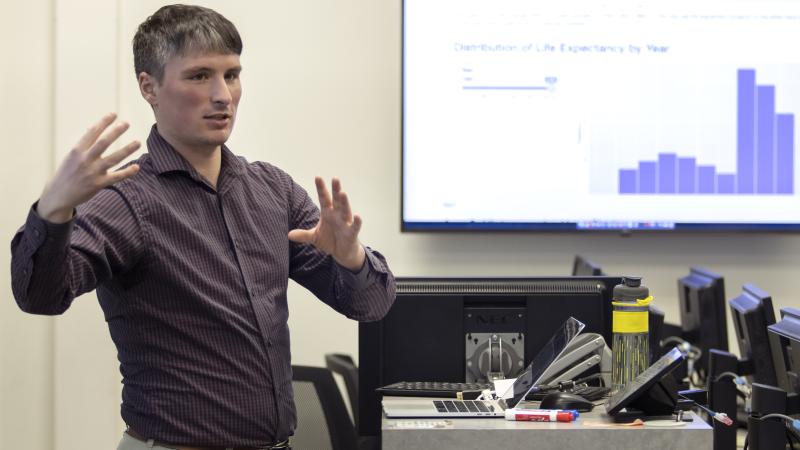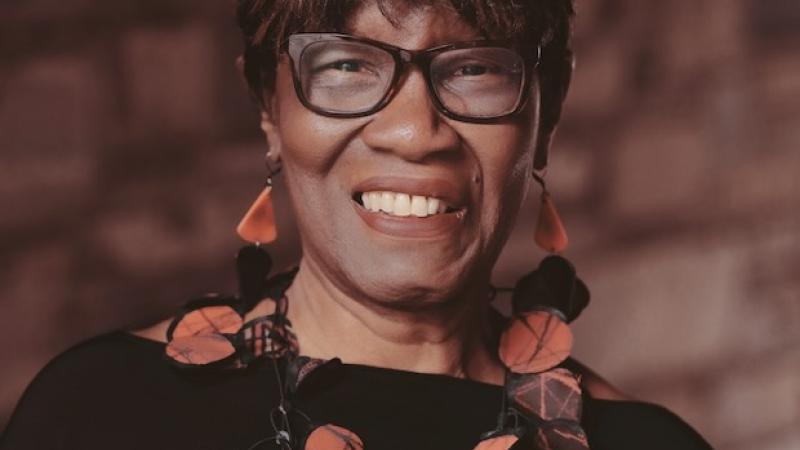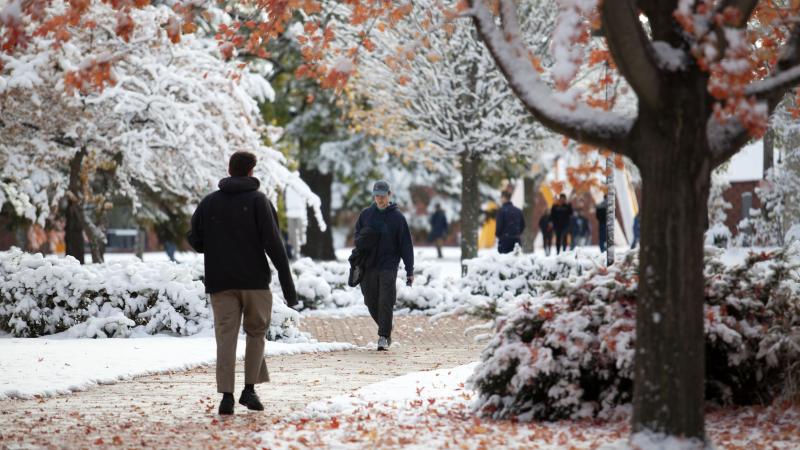Two Lawrence University faculty members who have drawn rave reviews for their teaching both on and off campus are retiring at the close of the 2024-25 academic year.
Bart De Stasio ’82, Dennis and Charlot Nelson Singleton Professor of Biological Sciences and professor of biology, and Edmund Kern, associate professor of history, both joined the Lawrence faculty in 1992. They will be honored at Lawrence’s Commencement, set for June 15 on Main Hall Green.
Bart De Stasio ’82
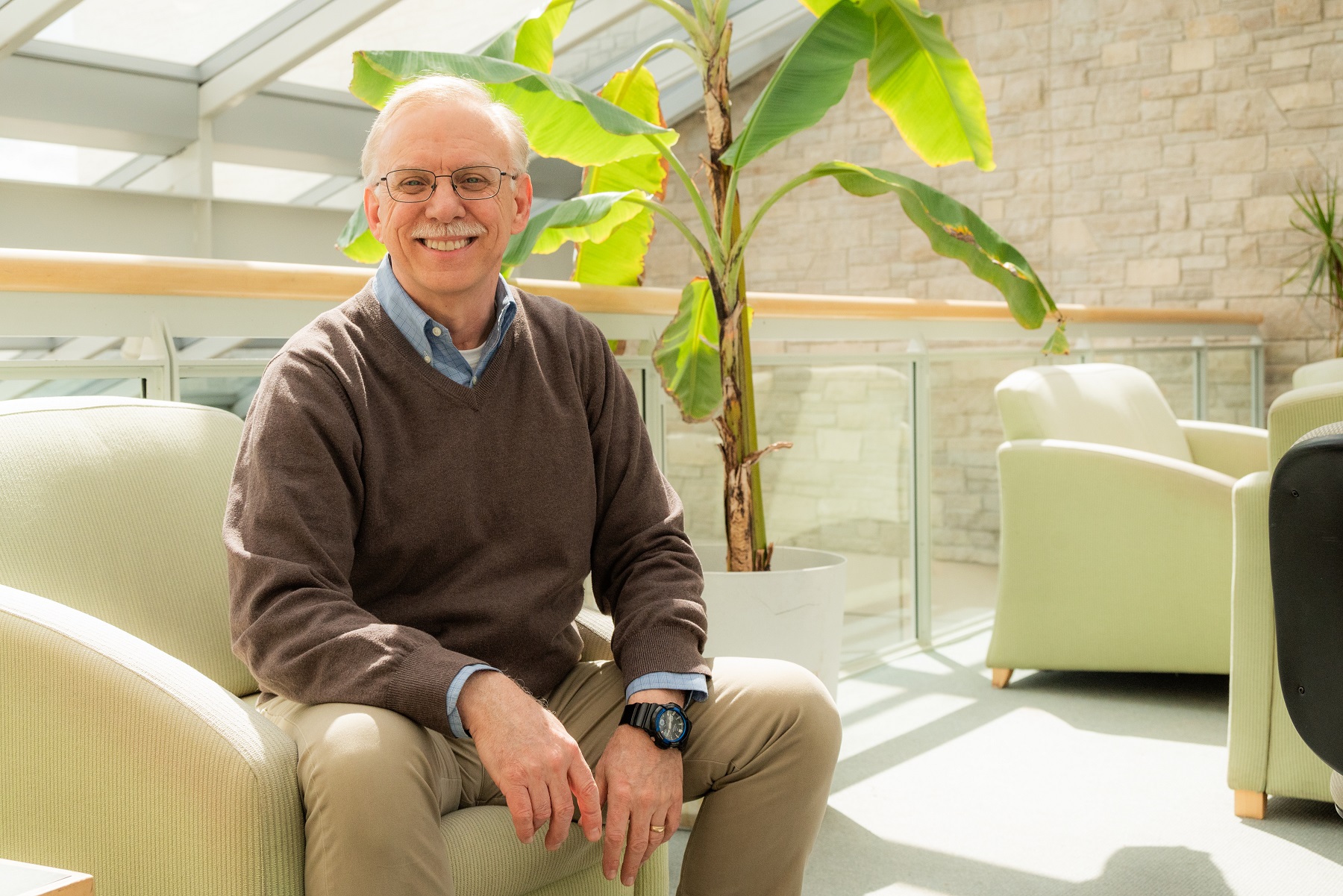
Bart De Stasio '82: “It has been one of the great joys of my life to be able to give back to Lawrence as a faculty member and to help our students grow and thrive.” (Photo by Jacob Hankekamp '25)
De Stasio has long pursued studies in freshwater ecology and marine biology, passions he first explored as a student at Lawrence. He has taught courses ranging from introductory biology to aquatic ecology to the environmental studies senior seminar. He has guided important research on invasive species in Wisconsin waterways and for 30 years has led the Lawrence University Marine Term (LUMP) program—a hands-on undergraduate experience in marine biology that has students learning about coral reef ecosystems, ecology, and human effects on reef environments before embarking on a two-week research trip to the Caribbean. Under De Stasio’s guidance, the program has proven to be a pipeline for students interested in aquatics careers or related fields, with an estimated 90 alumni of the program now pursuing related careers or enrolled in graduate school programs.
De Stasio said the Aquatic Ecology & Marine Biology Program, of which LUMP is a part, has been sustained through the years in large part because it gives students flexibility to pursue careers in all sorts of salt water and freshwater environments—in lakes, rivers, estuaries, and nearshore coral reef environments.
“We are recognized nationally as one of the few undergraduate programs where students get extensive hands-on experiences in both freshwater and marine biology,” he said.
De Stasio said his experiences as a student so enthralled him with the Lawrence culture that he happily pursued a faculty position a decade after graduation.
“One of the very first times I walked through the Biology Department in Youngchild Hall—as a first-year student in 1978—I met a faculty member who knew my name and was familiar with my background and interests,” he said. “I felt so welcomed and valued that I decided right then that this was a very different place compared to many others.”
De Stasio said he has since strived to make students feel that way.
“In my mind, the true Lawrence experience keeps students front and center throughout their time here and beyond,” he said. “My goal is to make sure they experience that sense of belonging, of always being part of this unique community. That is what we used to refer to as the Lawrence Difference, and what makes us all Forever a Lawrentian.”
In retirement, De Stasio said he will continue to stay connected with Lawrence and the alumni he helped usher into a wide range of careers.
“It has been one of the great joys of my life to be able to give back to Lawrence as a faculty member and to help our students grow and thrive,” he said. “I am extremely proud of being an alumnus and have always tried to instill a love for Lawrence in my students by showing them they are appreciated, cared for, and that we are here for them.”
Edmund Kern
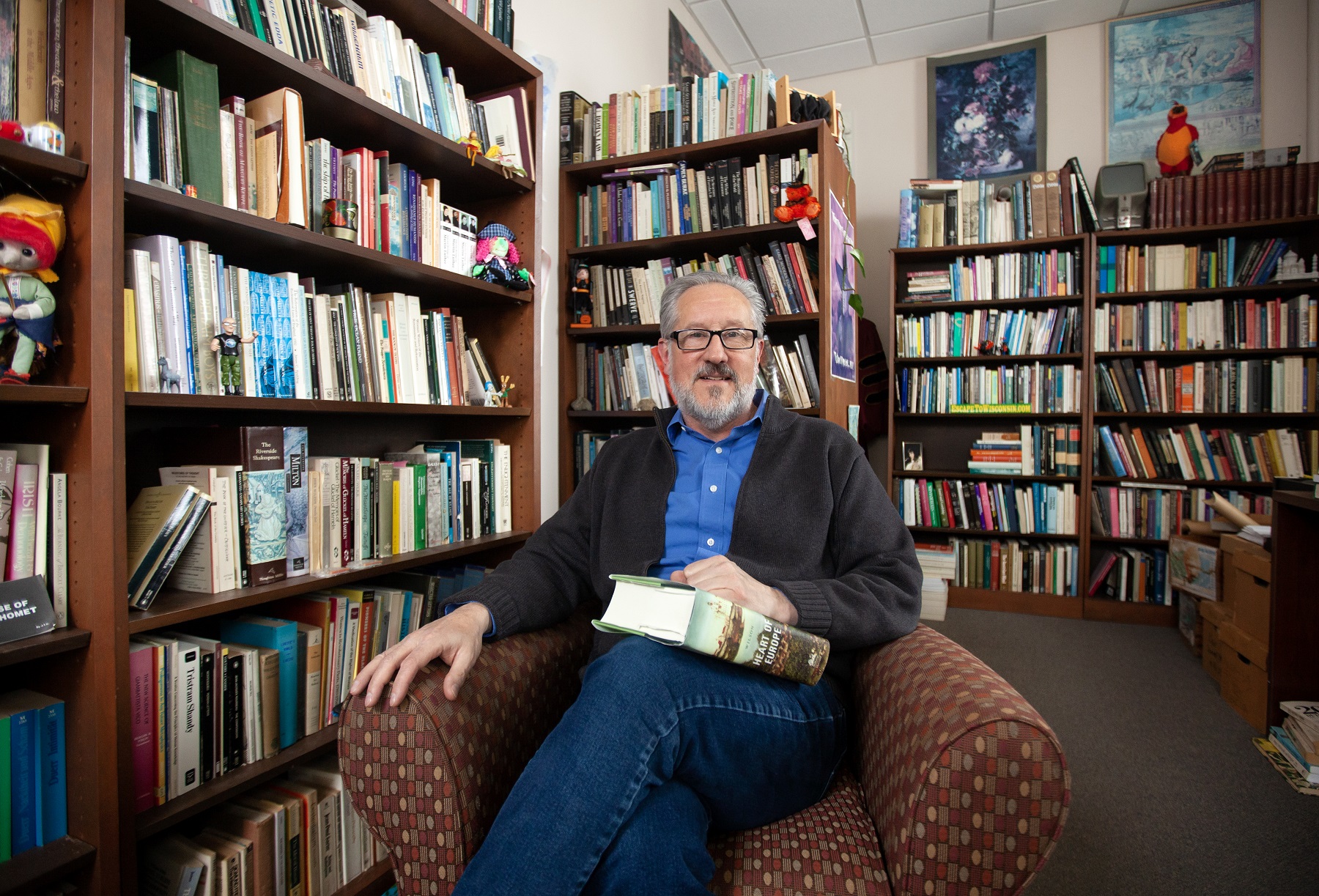
Edmund Kern: “What I really love about our students is their eagerness to learn in the classroom and their engagement with the world outside of it.” (Photo by Danny Damiani)
A specialist in early modern European history, Kern has been a mainstay in shaping the history curriculum over the past three-plus decades. In the process, he drew national attention when he twice connected history with modern pop culture in ways that resonated with large audiences. His research on the history of witchcraft and religious culture led to him teaching a course on Harry Potter, which then led to his 2003 book, The Wisdom of Harry Potter: What Our Favorite Hero Teaches Us About Moral Choices. It drew wide attention as popular media sought out Kern amid the phenomenon of J.K. Rowling’s book series. And years later, a former student, Josh Sawyer ’98, reached out to Kern as a consultant in the building of Pentiment, a historical role-playing video game centered on life in 16th-century Bavaria. The game, released in 2022, drew strong reviews, was a finalist for game of the year, and won a 2024 Peabody Award, with reviewers praising its historical accuracy.
Connecting history with pop culture was a worthwhile journey, Kern said.
“There’s a need for professional historians to write for each other in specialized studies that might not appeal to average readers, but there’s also a need to find ways to communicate with a larger audience,” Kern said. “When questions about Harry Potter came from students and visiting parents due to my expertise in the history of magic and witchcraft, I eventually saw an opportunity to meet general readers where their interests began, and to expand those interests into a more systematic understanding of the past.”
When Sawyer approached him during the planning stages for Pentiment, Kern saw a similar opportunity.
“I had no idea how popular—and acclaimed—the game would prove to be, but I’m extremely gratified that many players who probably never gave the 16th century any thought were introduced to the issues in play during the early Reformation, along with accurate portrayals of early modern popular and material culture,” he said.
Through his time at Lawrence, Kern said he took particular joy in advancing the curriculum.
“I’ve thoroughly enjoyed revisiting the history curriculum over the years, as we’ve sought to educate students capable of both focused research and assessing the big picture, but my involvement in establishing gender studies as a major and minor stands out as something I take pride in,” he said. “I had only recently arrived at Lawrence and came to know a vibrant group of faculty already heading in that direction. Being part of the group charged with writing the proposal to bring to the faculty was both nerve-racking and exciting.”
It's the classroom interactions, though, that Kern said he’ll miss the most.
“What I really love about our students is their eagerness to learn in the classroom and their engagement with the world outside of it,” he said.
